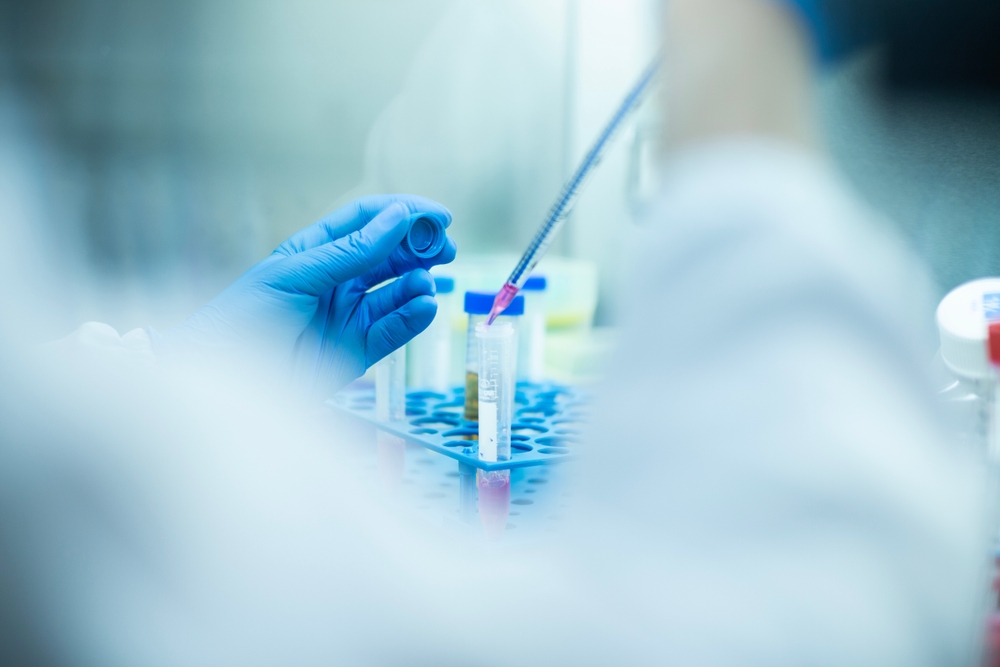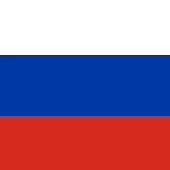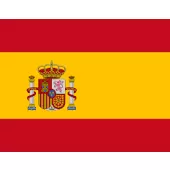
How to Obtain Pharmaceutical Licensing in Egypt?
The pharmaceutical industry in Egypt offers immense opportunities, but navigating the legal and regulatory landscape can be a challenge for businesses looking to manufacture, register, or import pharmaceutical products. Whether you’re a local manufacturer, a multinational company, or a business entering the market for the first time, understanding the complexities of compliance is critical to your success.
Egypt’s Pharmacy Profession Practice Law No. 127 of 1955, along with its amendments, serves as the foundation of this regulatory framework. It sets out strict guidelines for licensing facilities, registering products, and importing raw materials—all designed to ensure the highest standards of safety and quality. However, these processes are often intricate and time-consuming, requiring a deep understanding of both the law and the administrative procedures involved.
At our firm, we understand the unique challenges faced by businesses in the pharmaceutical sector. This guide has been developed to provide clarity on the key legal requirements and processes, empowering you to focus on what matters most: growing your business and delivering high-quality products to the market. Whether you need help securing a license, navigating registration, or managing import approvals, our expertise is here to support you every step of the way.
Medical Products and Facilities That Require Licenses
Pharmaceutical Products
- Formulas containing one or more substances with medical properties for curing or preventing diseases.
- May also serve other medical purposes, even if not explicitly declared.
- Prepared for sale and excluded from official drug constitutions and their appendices.
Biopharmaceuticals (Biological Medical Products)
- Contain active substances produced or extracted from biological sources.
- Examples include:
- Vaccines
- Serums
- Blood and plasma products
- Biotech products
- Include materials developed to meet international standards.
Medicinal Drugs
- Contain substances for treating, preventing, or diagnosing diseases in humans or animals.
- Have pharmacological, immunological, or metabolic effects.
- Include preparations adhering to international standards and guidelines.
Locally Manufactured Products
- Biological products produced in Egyptian factories or imported in bulk and processed locally.
Imported Products
- Fully manufactured biologicals or those manufactured abroad but packaged in Egyptian factories.
Raw Materials
- Pharmaceutical chemicals used in production, including:
- Active ingredients: Substances that induce the pharmacological effect of the product.
- Inactive ingredients: Substances without pharmacological effects, used to prepare the pharmaceutical product (e.g., tablets, capsules).
Pharmaceutical Factories
- Establishments licensed for manufacturing pharmaceutical products and raw materials.
- Must adhere to Good Manufacturing Practices (GMP) to ensure products meet required specifications.
Licensing Authority: The Role of the Egyptian Drug Authority (EDA)
The EDA is the primary body responsible for issuing all necessary licenses related to:
- Registering or re-registering pharmaceutical and medical products.
- Establishing factories for drug manufacture.
- Controlling the import of drugs, raw materials, and packaging supplies.
The EDA, in cooperation with the General Authority for Industrial Development, ensures compliance with manufacturing and storage standards and sets controls and procedures for factory registration.
Manufacture of Pharmaceutical Drugs and Medical Supplies
Conditions for Factory Licensing
- Analysis/Testing Laboratory:
- Factories must have labs equipped for testing raw materials and finished products, supervised by pharmacists.
- Pharmacists and factory managers (both pharmacists) are jointly responsible for drug quality.
- Maintain detailed records for drug production and distribution, signed by preparing and testing pharmacists.
- Pharmacy Manufacturing:
- Pharmacists may manufacture preparations within their pharmacy with the Ministry of Health’s approval, provided the pharmacy has necessary equipment.
- Packaging Requirements:
- Each pharmaceutical product must display:
- Factory or pharmacy name and data
- Usage instructions
- Medical effects
- Storage methods
- Public pricing
- Each pharmaceutical product must display:
License Controls and Procedures
The Industrial Development Authority (IDA) verifies compliance with GMP and Good Storage Practices (GSP) before issuing a Factory Data Certificate and operation license. Required documents include:
- Criminal record, ID, and birth certificate of the applicant.
- Architectural blueprints of the factory, certified by a consultant engineer.
- Land allocation certificates and an investment prospectus.
After inspections by the EDA and IDA, the operation license is issued.
Registration and Import of Medical and Pharmaceutical Drugs
Drug Registration Process
- Drugs must be in circulation in the country of origin or reference countries (e.g., FDA, EMA, WHO-approved).
- Biologicals and vaccines not in circulation require inspection and approval from the Technical Committee for Drug Control.
- Registration must be renewed every ten years to prevent cancellation.
Import Controls
- Approval is required for importing raw materials, fully manufactured products, and packaging supplies.
- Unregistered drugs may be imported during shortages or emergencies, subject to EDA evaluation.
- Customs exemptions apply to:
- Active ingredients for human and veterinary drugs (VAT exempted).
- Bulk and fully manufactured products based on therapeutic benefits.
Enlisting Active Raw Materials
The EDA oversees the optional listing of active raw materials, granting benefits such as:
- A five-year listing validity.
- Simplified usage approval without re-evaluation.
Changes to listed raw materials must be reported within 30 days.
Specific Import Conditions
Toxic and Narcotic Substances
- Stored separately at customs and delivered only to licensed establishments.
Vaccines and Serums
- Require refrigeration to ensure preservation.
Flammable and Hazardous Materials
- Subject to approval from the Ministry of Interior and strict storage conditions.
Customs Exemptions for Pharmaceutical Preparations
Key Exemptions
- Value Added Tax (VAT):
- Active ingredients are exempt from the standard 14% VAT.
- Customs Duty:
- Fully manufactured and bulk products may receive exemptions based on therapeutic value.
- Alcohol Permits:
- Factories producing human preparations can obtain permits for using 96% ethyl alcohol.
Conclusion
Egypt’s regulatory framework for drug manufacture and import underscores the importance of safeguarding public health while promoting industry alignment with international standards.
Through the EDA, stakeholders in the pharmaceutical sector are guided to comply with stringent licensing, registration, and import controls. Understanding these regulations is essential for manufacturers, importers, and distributors to operate successfully in Egypt’s dynamic pharmaceutical landscape.
Partner with Sadany & Partners Law Firm
Navigating the complexities of pharmaceutical regulations in Egypt requires expert legal guidance. At Sadany & Partners Law Firm, we specialize in helping businesses like yours secure licenses, register products, and ensure compliance with all regulatory requirements.
Why Choose Us?
- Expertise: Decades of experience in pharmaceutical law and regulations.
- Comprehensive Services: End-to-end support for licensing, registration, and imports.
- Tailored Solutions: Legal strategies customized to your business needs.
Let us handle the legal complexities while you focus on growing your business.
📞 Call Us: 201069460940
📧 Email Us: info@sadanykhalifa.com

 English
English
 العربية
العربية
 中文语言
中文语言
 русский язык
русский язык
 Le français
Le français
 Española
Española


